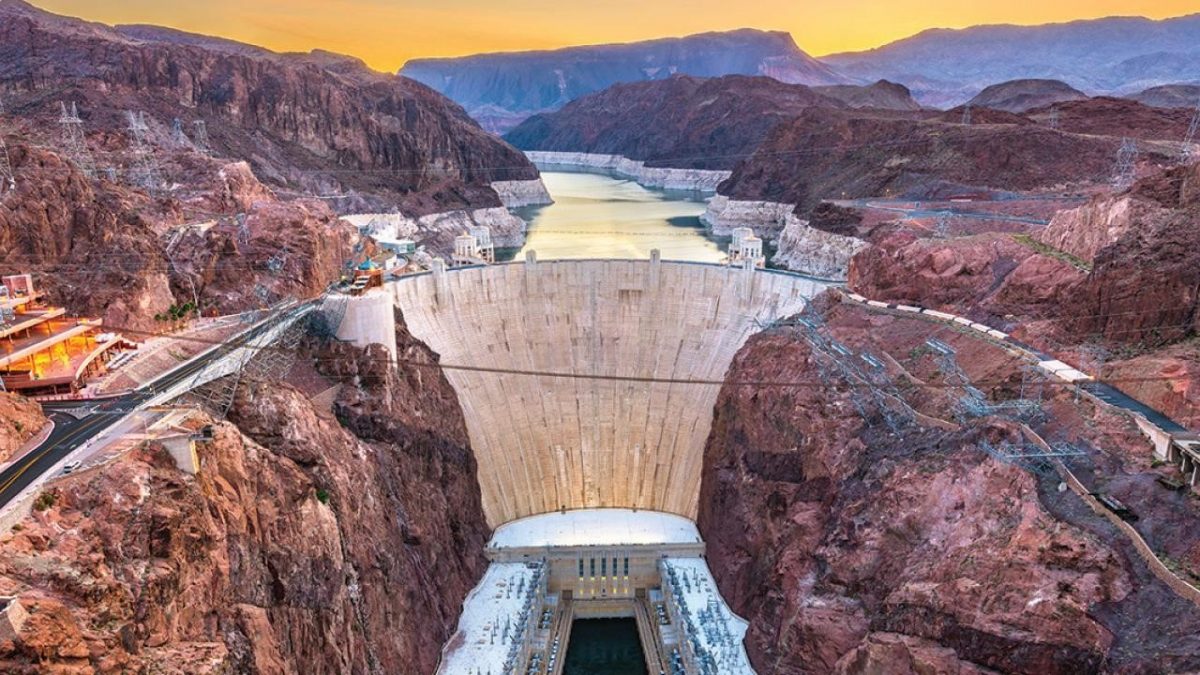Key branches of the federal government, including the Department of Defense, the Federal Bureau of Investigation, and the Cybersecurity and Infrastructure Security Agency are sounding major warnings about America’s vulnerability to infrastructure attacks, particularly from China.
FBI Director Christopher Wray and national security experts warn that national infrastructure a risks the government of China poses to U.S. national and economic security are “upon us now”—and that U.S. critical infrastructure is a prime target.
“The PRC [People’s Republic of China] has made it clear that it considers every sector that makes our society run as fair game in its bid to dominate on the world stage, and that its plan is to land low blows against civilian infrastructure to try to induce panic and break America’s will to resist,” Wray notes.
The FBI states that the overall threat from the Chinese Communist Party (CCP) is a hybrid one that involves crime, counterintelligence, and cybersecurity—and which the FBI is countering with resources from all three missional spheres, Wray said. He emphasized that The threat is partially “driven by the CCP’s aspirations to wealth and power… China wants to seize economic development in the areas most critical to tomorrow’s economy, even if doing so requires theft. The Chinese government has tried to pilfer intellectual property, technology, and research from nearly every industry in the U.S. economy.”
Wray reports that “the immense size—and expanding nature—of the CCP’s hacking program isn’t just aimed at stealing American intellectual property. “It’s using that mass, those numbers, to give itself the ability to physically wreak havoc on our critical infrastructure at a time of its choosing.”
The Chinese have pre-positioned themselves to potentially mount cyber offenses against American energy companies.
The Department of Defense also is issuing warnings about Beijing’s assaults. In May, it released a statement noting that “We know that the People’s Republic of China and Russia are actively targeting U.S. critical infrastructure to be poised to disrupt our society and interfere with DoD’s operations in a crisis.”
The Cybersecurity and Infrastructure Security Agency (CISA) explains that there are 16 critical infrastructure sectors whose assets, systems, and networks, whether physical or virtual, are considered so vital to the United States that their incapacitation or destruction would have a debilitating effect on security, national economic security, national public health or safety, or any combination thereof.
The numerous areas vulnerable to attack include Chemical plants, commercial facilities, communications, critical manufacturing, dams, the defense industrial base, and emergency services.
In a bizarre 2022 move, the Biden Administration ended a key anti-espionage program known as the China Initiative, launched by the Trump administration to fight Chinese espionage and intellectual property theft. The move, which furthered the vulnerability of American infrastructure, was condemned in Congress and in think tank reports.
Rep. Andy Biggs (R-Arizona) in a 2023 published editorial complained that Biden also did not respond to an increased Beijing espionage effort based in Cuba. “It has recently been revealed that China has embedded an anti-U.S. espionage facility in the nearby island nation of Cuba. [President Biden] is allowing China to get a surveillance foothold 100 miles off the U.S. coast.”
A Heritage analysis noted that “Chinese espionage and covert influence are likely only to increase as the U.S. government becomes less and less inclined to take bold action in advance of an election. China recruits spies inside the United States…Chinese hackers have penetrated the networks of U.S. critical infrastructure, giving China the ability to cripple power, water, and communications to American military bases in a time of crisis. How has the Biden administration reacted? Last year, despite the realities of the espionage threat, Biden’s Justice Department shut down the China Initiative bowing to pressure from activists who said the initiative was inherently racist and xenophobic.”
Photo: CISA works with sector partners to protect assets from natural disasters, as well as human-caused and technological events. (CISA photo)
